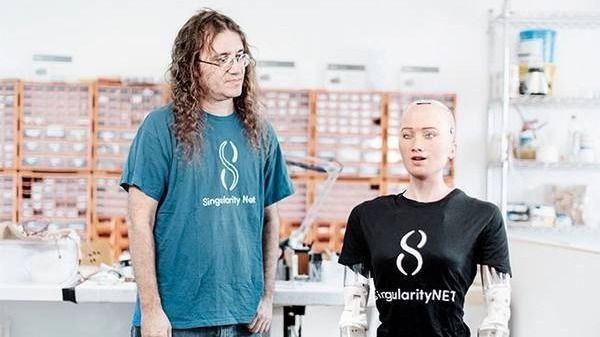SingularityNET lets anyone create, share, and monetize AI services at scale. The world’s decentralized AI network has arrived. Be part of the revolution and get to know us at this event! You will be able to ask questions to SingularityNET’s CEO Dr. Ben Goertzel.
For the first time ever, SingularityNET will be making a tour in the UK visiting the University of Cambridge, University of Oxford, and Imperial College London. Together with our co-host Eterna Capital, and in collaboration with the Cambridge University Engineering Society, and The Cambridge Guild, we are proud to be visiting the University of Cambridge on the 30th of January to present:
CEO & Dr. Ben Goertzel: How we are building the global AI brain with SingularityNET
Drinks & food included!





